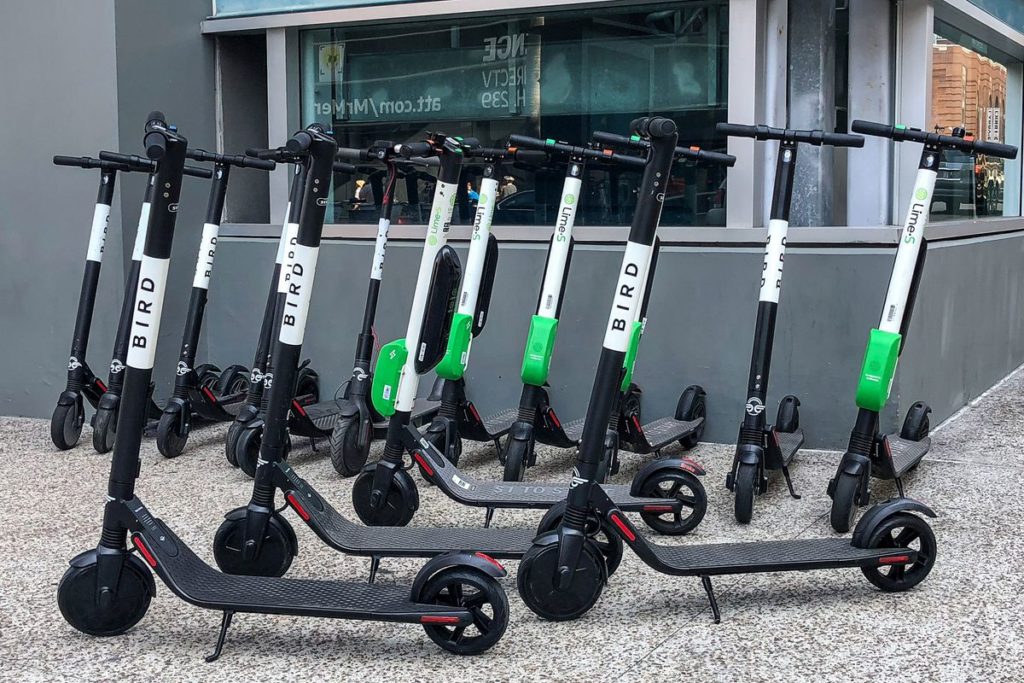While e-scooters have spread across major cities in both Europe and America, the companies face a unique set of challenges from their industry and city governments alike.
American scooter companies Lime and Bird hold the top two spots in the mobility market, leaving European providers fighting for space in the industry.
Scooters are an increasingly popular way to get around, according to New Mobility. While it took ride-sharing company Uber five years to reach 50 million rides, it only took Lime 18 months. That popularity has investors clamoring to get into the market.
Lime is valued at 2.4 billion dollars, and Bird recently raised 400 million dollars. Even smaller scooter companies like Dott are getting attention from investors. The company recently raised 55 million dollars.
However, the e-scooter business isn't a profitable one. All e-scooter operators are losing money, according to New Mobility, and none are revealing their turnover. Part of the reason is that the scooters themselves are expensive and have short lifespans.
Each scooter needs to be used for nearly four months to be profitable, but most don't last that long. To make money, Bird has recently launched Bird 0, a scooter with the lifespan of at least a year.
Finally, many pedestrians and government officials view e-scooters as a nuisance. Cities in France have decided to limit the number of operators allowed in order to manage the scooters better.
In Brussels, Brussels Mobility has worked with scooter companies to limit where the vehicles are allowed to park in order to prevent haphazard parking.
Sam Nelson
The Brussels Times

